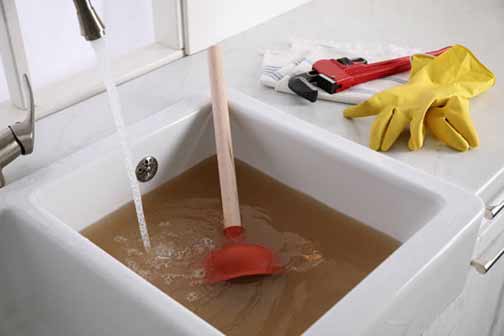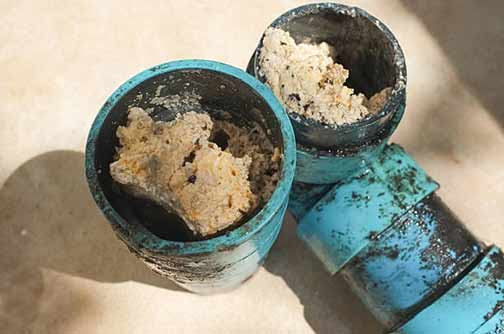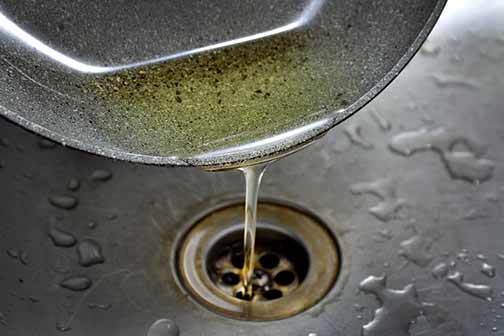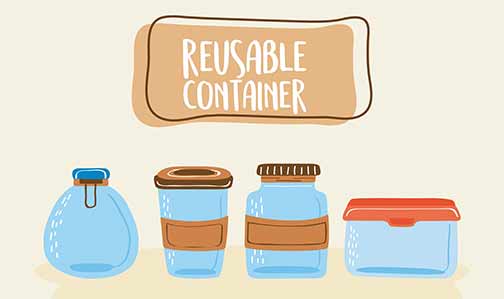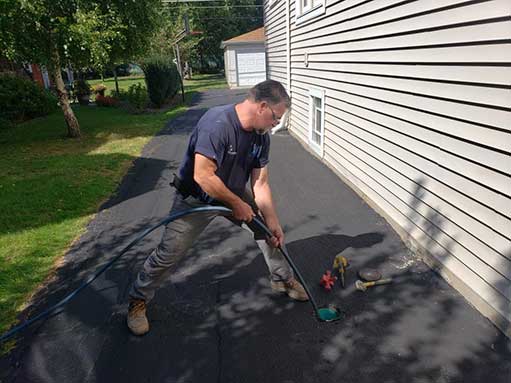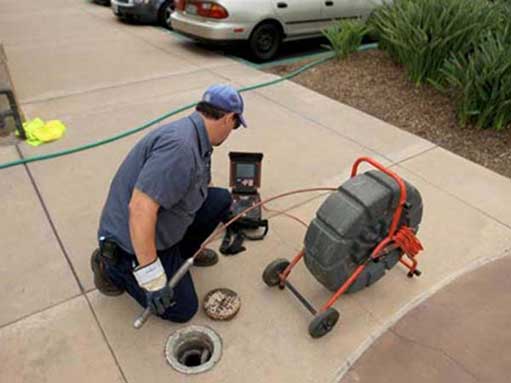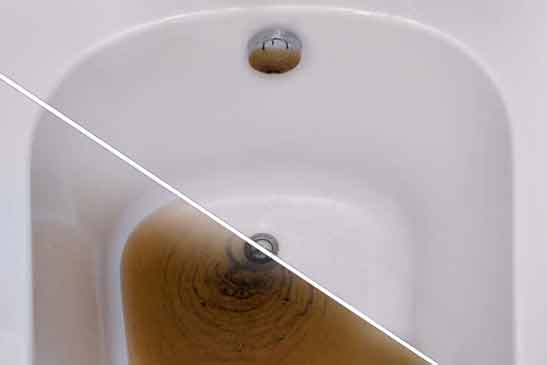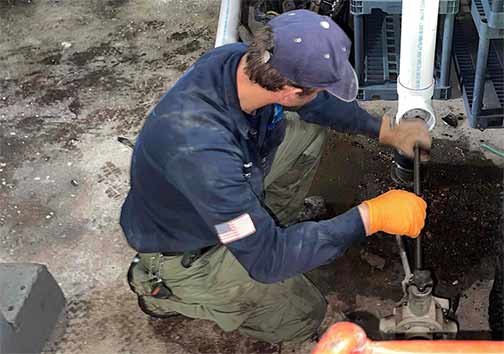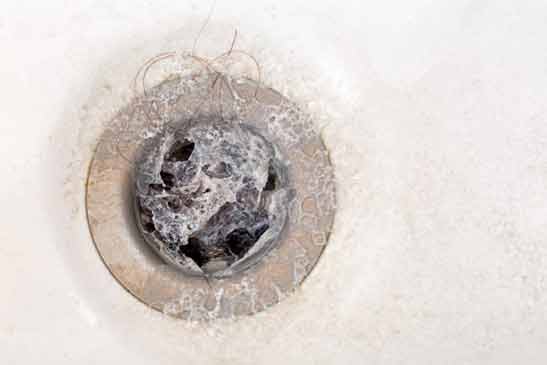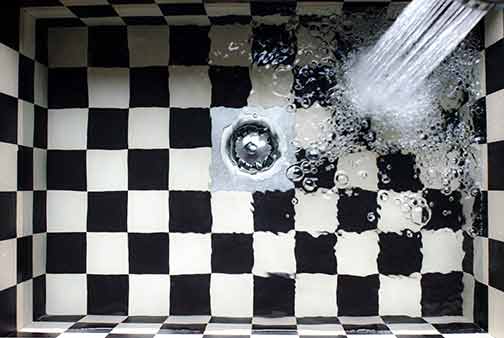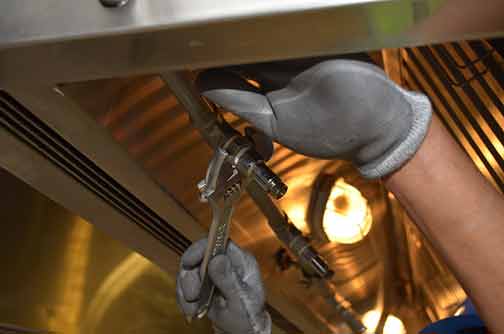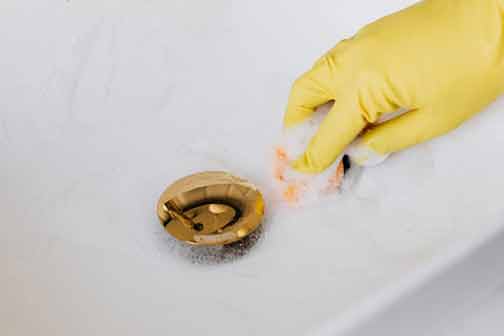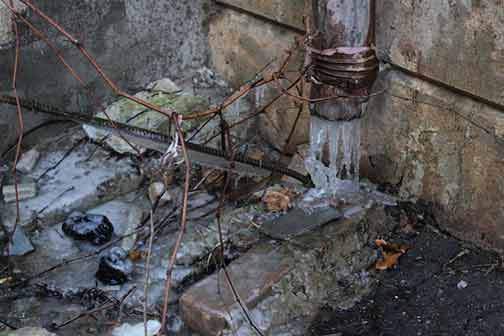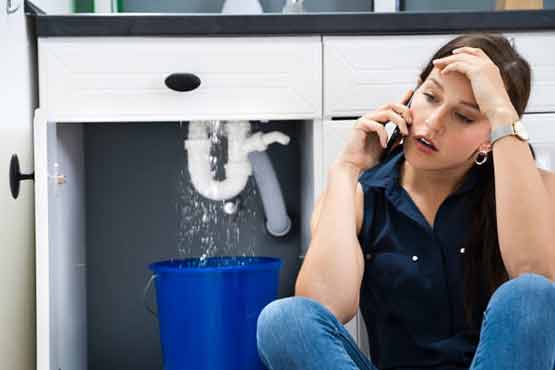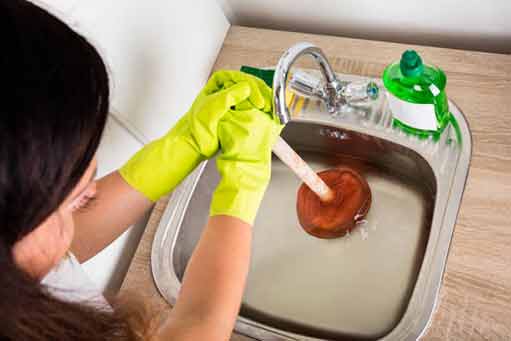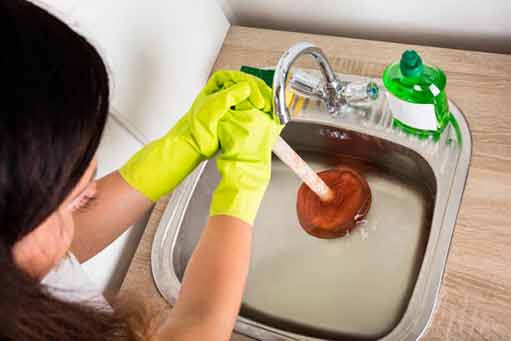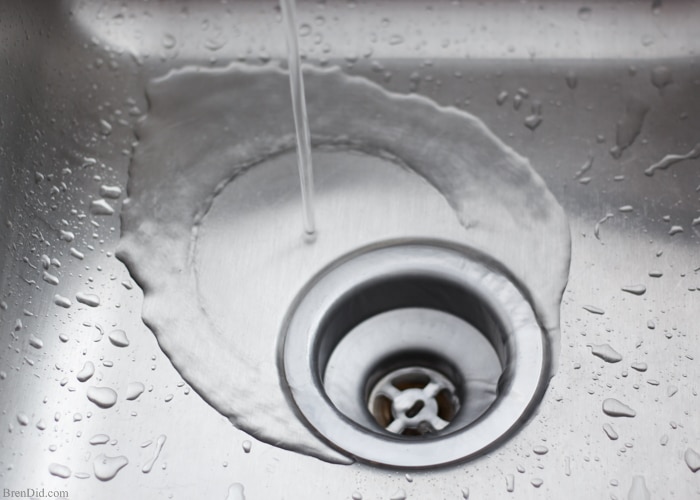Common Causes of Drain Clogs and Sewer Leaks
Drain clogs and sewer leaks can originate from numerous factors. Among the most common causes are the buildup of fatty deposits, hair, and other debris in the plumbing system. Grease from kitchen waste is notorious for solidifying in pipes and causing obstructions over time. Likewise, excessive amounts of hair and soap scum contribute to significant blockages, especially in bathroom drains. In older homes, aging pipes may corrode and collapse, leading to cracks and leaks. Tree roots are another frequent culprit; they seek moisture and may infiltrate sewer lines, causing severe damage and blockages.
Furthermore, improper disposal of items such as wet wipes, diapers, and sanitary products can easily choke pipes and create clogs. Cooking oils and food particles should never be flushed down the kitchen sink, as they solidify and adhere to the inner walls of pipes, gradually leading to impassable blockages. Knowing these common causes can aid in preventative measures, helping you maintain a healthy plumbing system.
Identifying Slow Drains
Slow drains are one of the earliest indicators of potential clogs within your plumbing system. If you notice that water takes longer than usual to drain from your sinks, bathtubs, or showers, it is critical to address the issue promptly. This slowdown often results from gradual buildup of debris within the pipes, reducing the flow of water and leading to complete blockages if left unattended. Regularly monitoring how quickly water drains from these fixtures can help you detect clogs early on and take necessary action to mitigate further damage.
Finding the cause of slow drains requires careful observation. For example, if only certain fixtures are slow to drain, the problem might be localized to those specific pipes. Conversely, if multiple fixtures throughout the house exhibit slow drainage, it may indicate a more extensive issue within the main sewer line. Either way, it is imperative to identify and rectify these issues promptly to avoid severe blockages and potential flooding.
Recognizing Persistent Odors
Persistent foul odors in your home can be a telltale sign of sewer leaks or drain clogs. The smell of sewage, mold, or decaying organic matter can indicate that waste water is not being efficiently removed from your home. These odors often arise from blockages that cause waste water to stagnate or back up, resulting in the growth of bacteria and release of noxious gases. Detecting unusual odors should prompt immediate investigation into your plumbing system to identify the source and take corrective action.
In addition to offensive smells, you might also encounter gurgling sounds coming from your drains when fixtures are in use. This can signal trapped air within the pipes, often caused by blockages or compromised sewer lines. Ignoring these signs can lead to further complications and more costly repairs in the future.
Watching for Unusual Sounds
Unusual sounds emanating from your plumbing system should not be ignored. Bubbling, gurgling, or hissing noises from your drains are clear indicators that something may be obstructing the flow of water. These sounds often occur when trapped air is forced through narrowed passages or when water is attempting to bypass blockages. Paying attention to and investigating these noises can help identify potential problems within your plumbing system before they escalate into more severe issues.
For instance, hearing a gurgling noise when you flush the toilet or run a sink can indicate that the venting system is blocked or that there is a clog further down the line. Similarly, hearing water running when no fixtures are being used can imply a hidden leak within the plumbing system. Addressing these issues promptly can help prevent further damage and maintain the integrity of your plumbing system.

Regularly reviewing your water bills can provide valuable insights into the health of your plumbing system and help you detect issues early on.
Monitoring Your Water Bills
Unexpectedly high water bills can be a subtle yet significant warning sign of underlying plumbing issues, such as hidden leaks or inefficiencies within the system. If your water usage habits remain consistent but your water bills are steadily increasing, it is essential to investigate potential leaks or other problems that may be causing the rise in usage. Regularly reviewing your water bills can provide valuable insights into the health of your plumbing system and help you detect issues early on.
Many homes experience water loss due to small, undetected leaks in the plumbing. These leaks, while potentially minor, can cumulatively account for a substantial increase in water consumption. Additionally, continuously running toilets or dripping faucets can contribute to higher water bills. Taking immediate action to identify and repair these problems can save you money and prevent more extensive damage to your plumbing infrastructure.
Spotting Wet Spots and Water Damage
Unexpected wet spots or signs of water damage within your home can indicate the presence of sewer leaks or clogged drains. Puddles of water, damp drywall, or warped flooring are all red flags that should prompt a thorough inspection of your plumbing system. Wet spots near fixtures, along baseboards, or under sinks suggest that water is escaping from the pipes, possibly due to blockages or leaks.
Further complicating matters, water damage can result in the growth of mold and mildew, leading to health issues and expensive remediation efforts. Early detection and resolution of plumbing issues can mitigate these risks and preserve the structural integrity of your home. Regularly checking for signs of water damage and promptly addressing any identified concerns is key to maintaining a healthy and leak-free plumbing system.
Responding to Sewer Backups
Sewer backups are among the most severe and hazardous plumbing issues homeowners can face. These backups occur when blocked or damaged sewer lines cause sewage to flow back into your home, posing significant health risks and causing extensive property damage. Recognizing the early warning signs of potential sewer backups, such as multiple clogged fixtures, water backing up from drains, or the smell of sewage, is crucial for immediate intervention.
Upon identifying these signs, it is essential to act quickly to prevent further contamination and damage. Avoid using any plumbing fixtures, and immediately contact a professional plumber to assess and address the problem. Taking proactive measures to tackle sewer backup emergencies can help safeguard your home and protect the health of its occupants.
Preventive Measures to Avoid Clogs and Leaks
Prevention is the best strategy for avoiding the headaches and expenses associated with drain clogs and sewer leaks. Implementing a few key practices can significantly reduce the likelihood of encountering these issues. First and foremost, be mindful of what goes down your drains. Avoid disposing of grease, oils, and food scraps in the sink, and use drain screens to catch hair and debris in bathroom drains.
Regular maintenance can also help prevent plumbing problems. Periodically flushing drains with hot water or a safe, environmentally-friendly drain cleaner can dissolve minor buildups before they become major blockages. Scheduling annual drain camera inspections by a professional plumber can identify potential issues and address them before they escalate.
Educating household members on proper plumbing practices and being vigilant in monitoring the signs of trouble can further enhance preventive efforts. By taking these proactive steps, homeowners can maintain a reliable and efficient plumbing system, avoiding the costly repairs and inconveniences associated with clogs and leaks.
Professional Assistance: When to Call a Plumber
While some minor plumbing issues can be managed with DIY solutions, there are instances when professional assistance is indispensable. Recognizing when to call a plumber can save you time, money, and prevent further damage to your plumbing system. Major blockages, sewer backups, persistent leaks, and any significant changes in your water bill or water pressure warrant the expertise of a licensed plumber.
Professional plumbers have the tools, knowledge, and experience to accurately diagnose and repair plumbing problems. They can conduct thorough inspections, utilize specialized equipment such as sewer cameras to inspect sewer lines, and perform complex repairs or replacements as needed. Trusting a professional ensures that issues are resolved effectively and safely, providing peace of mind and long-term protection for your home’s plumbing system.
Overall, being vigilant and proactive in spotting the warning signs of drain clogs and sewer leaks can prevent extensive damage and costly repairs. By understanding the common causes, recognizing the early indicators, and knowing when to seek professional help, homeowners can maintain a healthy and efficient plumbing system. Prioritizing preventive measures and timely interventions will safeguard your home, providing a clean and functional environment for you and your family.

